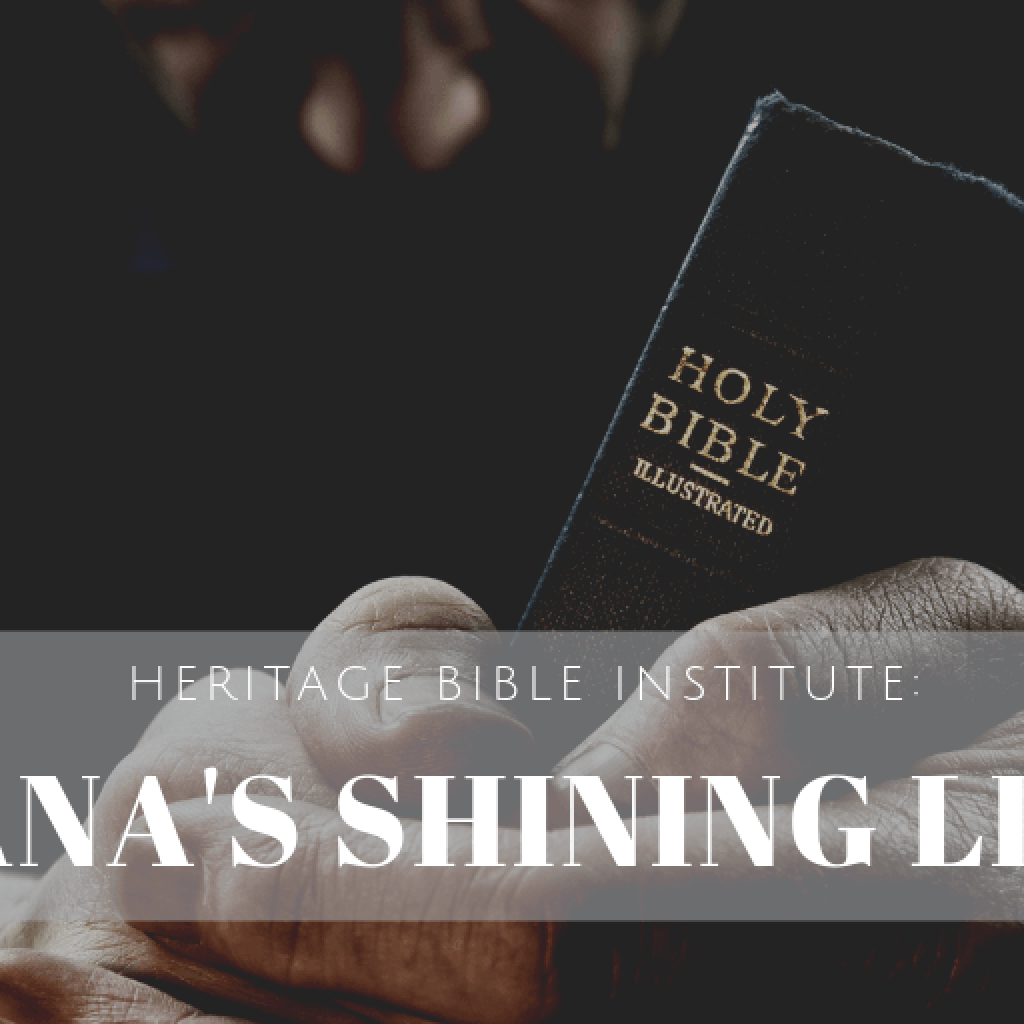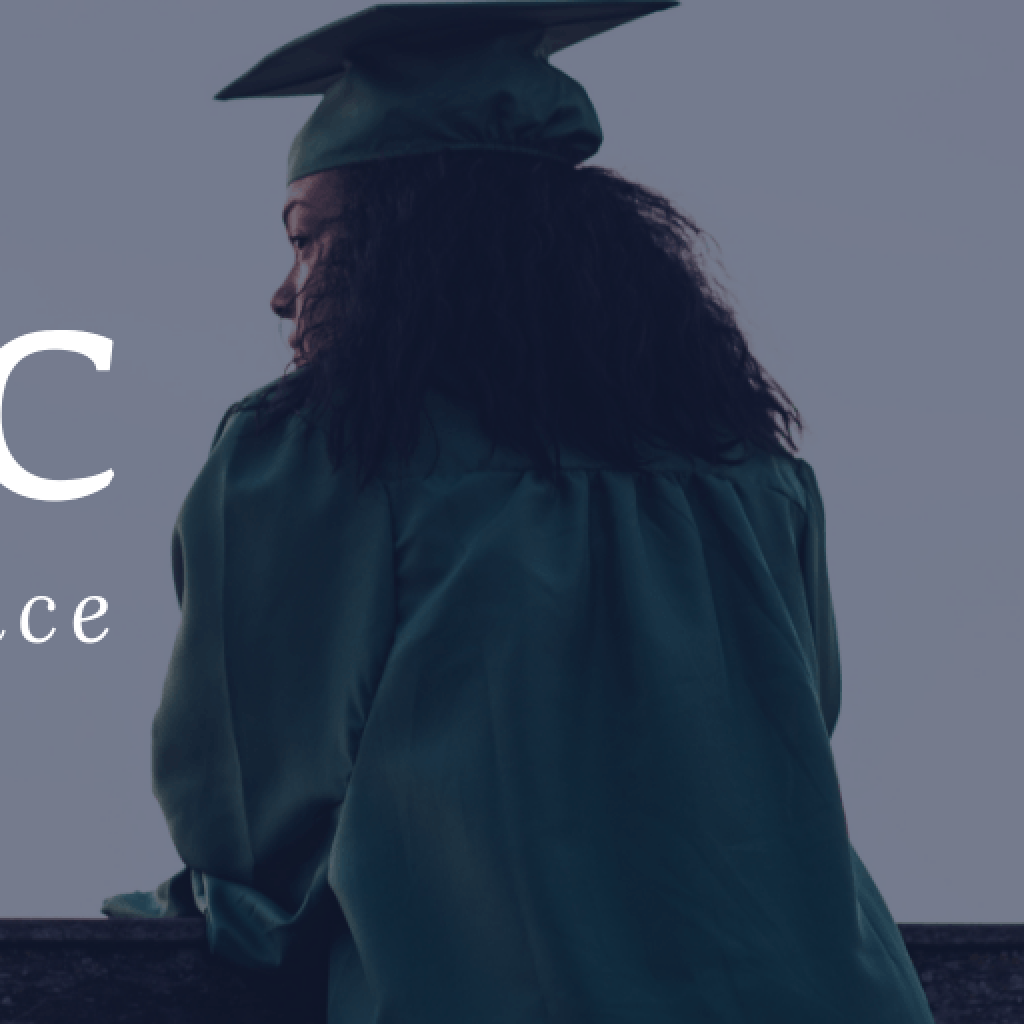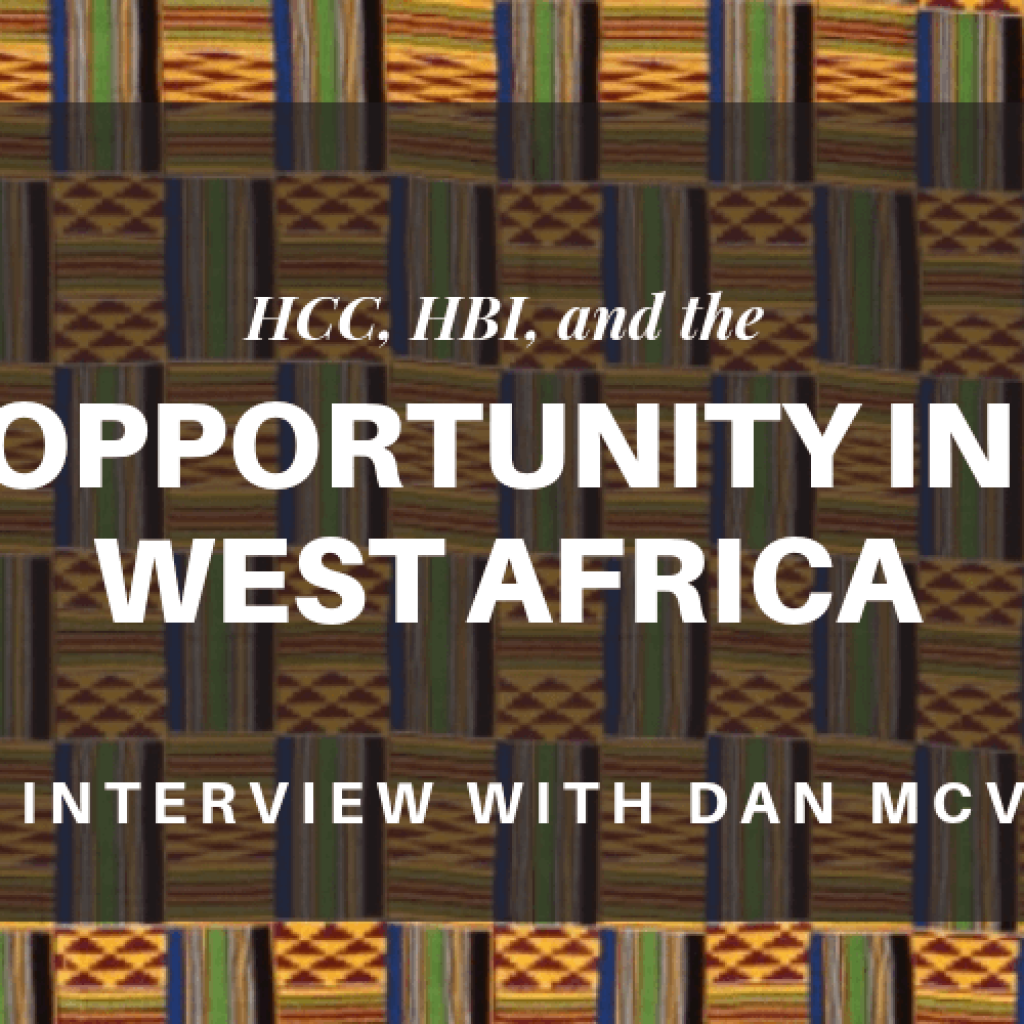Heritage Bible Institute: Ghana’s Shining Light

Accra, Ghana — Evans Lartey, director of Heritage Bible Institute (HBI), has a winning smile. It’s a soul-winning smile. It’s what he’s all about. Lartey laughs often, too—not just with the happiness that seems to come naturally to him and his countrymen but also with the deep joy he feels to be a Christian. And by the way, his first name is pronounced “ay-VAHNS,” with the emphasis on the second syllable. It’s not the usual way to say “Evans,” at least not in ordinary English, but the stronger pronunciation seems to suit him—a man energized by his mission. Evans Lartey and his colleagues still hear the Macedonian call (Acts 16:6-10)—not literally from the old Roman province of Bible times but from all corners of modern-day Ghana and beyond, especially from the regions north and west of Accra. And just as Macedonia became a gateway for the spread of the Gospel into Europe in the time of the Apostle Paul, so Ghana itself is proving to be a gateway for carrying the Gospel of Jesus across Africa. Still a mission field in one sense (as is every place on the globe), Accra, capital city of Ghana, shines with the light of the Gospel and sends the light to other parts of what was once called the “Dark Continent.” Critical to the cause is HBI and its students. “We have around ten countries where graduates are,” Lartey said. “Within our own country, they are working in all ten regions.” They preach and they minister, spreading the Gospel of Jesus in both word and deed. “Our students are working in hospitals, preaching at the hospitals,” Lartey said. “They go in and pray for those who are sick. They go to the prisons to preach to the inmates. The students also do regular ministry. Also radio.” Christians come up against different belief systems in Ghana. In many places animism holds sway. In other areas, Islam prevails. But Christianity is making a difference everywhere. Lartey and his colleagues see God’s hand in it all. Sometimes there’s no other explanation. Lartey tells one story of a pregnant woman in a place without a hospital where the go-to person for prenatal care was the local fetish priest, a traditional mediator between the living and the spirit world in Ghana and other parts of West Africa. “When a woman gets pregnant, that woman has to go to a fetish priest for help for medicines and everything a woman needs during the pregnancy,” Lartey said. “When the child is born, she has to take the baby to the fetish priest. He gives the baby a name.” When the woman’s child was born, she followed the prescribed routine and took the baby to the priest. But instead of naming the child, he told her to go elsewhere. “The fetish priest told her that she should take the child to the Church of Christ minister for a name,” Lartey said. The baby was a girl. The minister did not name the child but instead he gave the mother some choices. “He wrote names on a paper,” Lartey said. “The name the woman selected was ‘Mary.’ Since then the mother and child and siblings are all attending the Church of Christ.” Why would a fetish priest refer anyone to Christianity? “We don’t understand,” Lartey said. “We think that is God’s intervention.” It’s the sort of event that boosts the faith of Lartey and others working to spread the Gospel message in Africa. He would like to see no call for God’s Word go unanswered. But some of the paths can be rough—less accommodating than some of the well-built Roman roads in the time of the apostle Paul’s missionary journeys. The roughest of ways to remote places in Ghana and neighboring countries require a sturdy vehicle. “One of our biggest challenges is having a vehicle—a strong one to go to the north,” Lartey said. “Some of our graduates are working in remote areas of the country. They need other people to visit them and to help them… to come with current students to help them when we get these Macedonian calls.” But even when he expresses needs and concerns, Lartey is still smiling. It’s part of his faith in a powerful God who answers prayers and sometimes even works through a fetish priest to make something good happen.
The HCU Difference

48% of Ghanaian youths aged 15-24 are unemployed. Those lucky enough to actually find jobs tend to only find work inside the informal sector, working just a few hours, or helping on family farms and in family businesses. They scrape by as “necessitous” entrepreneurs doing what they can to survive, with most still unable to provide a steady stream of the basics like food and water for their families. Given that Africa has the world’s youngest population, the lack of steady, formal-sector jobs is an enormous political and economic risk factor. There are between 10 and 12 million people that are eligible to join the African labor force each year, yet only 3.7 million jobs are created annually. 4 Key Issues There are common themes cutting across Africa that have lead to this current economic crisis: corruption, unemployment, lack of jobs and poor banking systems. [Read More Here] These problems are not new ones. But they are ones that have finally met their match. AFRICA RISING Africa doesn’t just need strong minds, it needs strong character and strong institutions. The decline of Africa’s economic fortune has exacerbated tensions along traditional fault lines while simultaneously unmasking new ones – making the task of nation building seem even more daunting. To rebuild confidence in the country, strong minds must be built through strong institutions. It is only strong institutions that can guarantee social protection, bring about political stability and ignite economic prosperity. THE HCU DIFFERENCE It is HCU’s mission to help build Africa, equipping students with the tools needed, one course at a time to fight each of these issues. As new buildings begin to break ground and more students enroll, hope continues to rise. 4 KEY SOLUTIONS: There is no place you can put your money where it will do more to bring enlightenment and turn the tide against forces of extremism that threaten not just Ghana but the entire region of Africa. Help Africa rise by helping HCU establish a Christian college that instills not just knowledge but Christian fervor. We hold tomorrow’s Africa in the palm of our hands.
HCU, HBI, and the Opportunity in West Africa

A Q-and-A with Dan McVey, friend to the Heritage Christian University family and an instrumental figure in the formation and early years of Heritage Bible Institute. As one source who is acquainted with him has observed, McVey has been involved in cross-cultural life, studies, and connections for more than 35 years, including some 21 years spent living in Ghana—where McVey still spends some time each year. His fields of study and experience are Inter-Religious Dialogue, World Religions, Islamic and Christian Relations, African Cultures, and Christianity’s Emerging Trends. Besides his work in the Department of History and Global Studies as well as the College of Biblical Studies (both at Abilene Christian University), McVey teaches university students in several African nations, as well as in China and the United Kingdom. He participates in farming and rural land development in the Abilene area and has another farm property in Ghana, the latter producing cocoa. McVey received his M.A. in Muslim Studies from Columbia International University in 2003, and earlier received his B.A. in Biblical Text from Freed-Hardeman University (in 1979). He is the author of a novel, God Spares Not the Branches, which draws from McVey’s own experiences in Ghana and West Africa. Recently, we sat down with McVey in his home city of Abilene, Texas, for a conversation on the beginnings of Heritage Bible Institute and on his impressions of the church experience in Ghana, as it has played out through not just HBI but Heritage Christian University as well. (Where the tag “HCUF” appears, the speaker is the interviewer from Heritage Christian University Foundation.) HCUF: We know that you were involved very early in the development of HBI. What can you say about the part that HBI played in the formation of HCU? DAN McVEY: My connections with Heritage go back to the early ’80s, when we first moved to Ghana. There was a little group of students that had been gathered together in Accra to form a school that at first was called NBI. The National Bible Institute. My purpose for going was not really to work with that school. But when we got there, and got involved in various church projects, the local brethren in Accra asked me to help with the school—to help teach and do other things. So I said okay, I’d be glad to help out if you want me to. So it ended up becoming very much a center of much of the work in Ghana that I did. Through extension programs, we had eight or nine different programs running at once. The name changed down through the years a time or two, because the government came along and said they didn’t want anything that’s non-governmental using the word ‘National.’ They wanted certain words kept only for government institutions. So we had to change the name. I think we changed it to Nationwide Bible Institute [at first] because we wanted to keep the “NBI” because of the logo and everything we had. [In time, NBI would evolve into HBI.] Eventually I moved away from Accra to northern Ghana. I had been the director of the school for, oh, 16 or 17 years. When I moved away to northern Ghana, it was so far away and I was wanting to phase out of that anyway, so that’s when Sam [Samuel Twumasi-Ankrah] took over. So I continued working with the school, then just as a teacher, going down to Accra to teach from time to time, doing some of the extension work with some of the other NBI leaders. So historically that’s been my connection and then we left Ghana to come here to Abilene Christian University in 2003, 2004, somewhere along there. Since then, I’ve gone back to teach from time to time, counseling and advising, walking alongside, and encouraging, Sam and Evans [Lartey] and some of the other guys that are there. They were all my students, almost all the senior Heritage leadership today. My wife always said we all grew up together. Because I was 24 when we first went to Ghana and Sam and I and Evans were all the same age. Even though they were my students, we were all the same age. Then we got them connected with ACU, they came here to get their Masters degrees. So I’ve just been in that mix and we’ve been back here for several years now. I go back to Ghana almost every year. I don’t teach at Heritage every time because of the scheduling—it just depends on what their schedules are. Now that they have some new programs running, it’s a little difficult for short term classes to work out. But I’ve been working with a couple of projects out of ACU where we’ve been taking students over in the summers. And we base sometimes over at Heritage with ACU students—helping [advance] ACU’s programs that they’re running there. Sometimes just advising, problem solving, things like that. I’m not an official there—I don’t hold any official position per se. I’m just ‘historically’ connected—a friend to everybody. HCUF: What was it like for the Ghanaians to transition from a simple Bible school, or ‘preacher’ school, to an accredited institution of higher learning? McVEY: We got a start on the accreditation process back in the ’90s a little bit, when the government started being open to non-government universities. For a long time it was only government institutions that could be accredited. We kind of looked into it but it was [then] beyond what we could do. NBI was a very simple church-based program. We didn’t own facilities—we used a church building’s facilities. We had small groups of students, small cohorts of anywhere from maybe a dozen to maybe 18 full-time students. Everything was run on a shoestring, and very simply, as we were trying to avoid dependency on foreign bureaucracy. So we started trying to incorporate more and more Ghanaian church leaders who were educationists, professionals, to try to keep ramping up the whole thing. Yet
